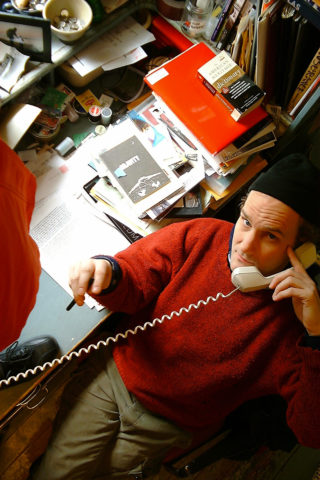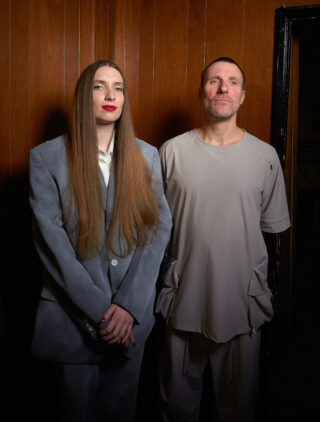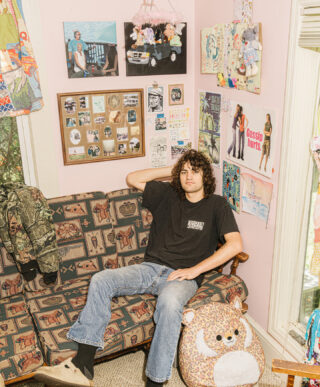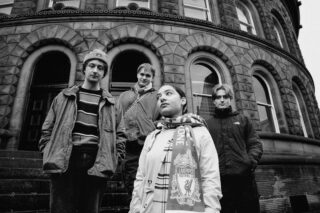I mention a friend of mine who used to stay up late on amphetamines listening to Minor Threat records in his room, and ask if this bothers someone who essentially wrote music opposed to such behaviour?
“All I can do is transmit,” he says. “I’m pretty sure Lightnin’ Hopkins never envisioned people driving around in a car, screaming along to his songs. Once music is out there it’s out there. However, because I’m opposed to ugliness and war and violence I am not happy about the idea that my music would ever be used, or to soundtrack, hurting someone. I don’t like that, I find that problematic but I can’t control it. There was a period of time when a white power group used one of my lyrics from Minor Threat on their website but what can I do? Your friend who was taking amphetamines and listening to Minor Threat, he was just coming from a different place. That’s what they needed. I think music is just part of that equation. I mean, I’ve thought about this a lot, as I’ve been someone who coined the term straight edge and sort of promote – although I didn’t feel like I was promoting anything – people not to drink or use drugs… well, good! Better that than singing about the joys of heroin, especially after seeing the amount of carnage that comes out of that drug. Or like the gang-banger gangster rap guys – they weren’t all gunslingers, those people; a lot of them were art school guys who went along with what was selling. I mean, I would feel terrible if I wrote a song that actually helped people kill each other. Like deliberately, like, ‘I’m going to take out my gun and blow your fucking head-off’, and someone went, ‘yeah, I’ll do that’.
“People have often asked me what it’s like to be a big influence or have people follow you and follow your model, and it’s like, well better than if I were singing about something really destructive.”
With having such a clear head for his entire musical career, an accurately kept archive, extensive diaries and notes, I wonder if we can ever expect a memoir of sorts from Ian? I wouldn’t be surprised if it was as much a recurring conversation as more Fugazi shows.
“Yeah, people have talked to me about memoirs for years and I’ve thought about it, I’m not sure I like the idea. I’ve read books by many, many people that I have found inspiring but I’ve also read books by people who are just really mean and desperate. Here’s what I think: the world is filled with trash and I’m interested in not adding to that pile. I feel like a record you don’t listen to is a piece of trash, a book you’ve not read is a piece of trash, so if I make something I want to make sure it’s something that adds value.
“My instinctual approach to the past has been that I didn’t feel like I had a choice, that I had to write a song, so I assume that should I do it I would have to really be compelled to write. Then maybe I’ll think about a book but if I just sit down and do a book then I’m just filling in the blanks.”
Ian then has to dash to “go for tea” at his Dad’s house. He’ll then go back to being a construction worker.







